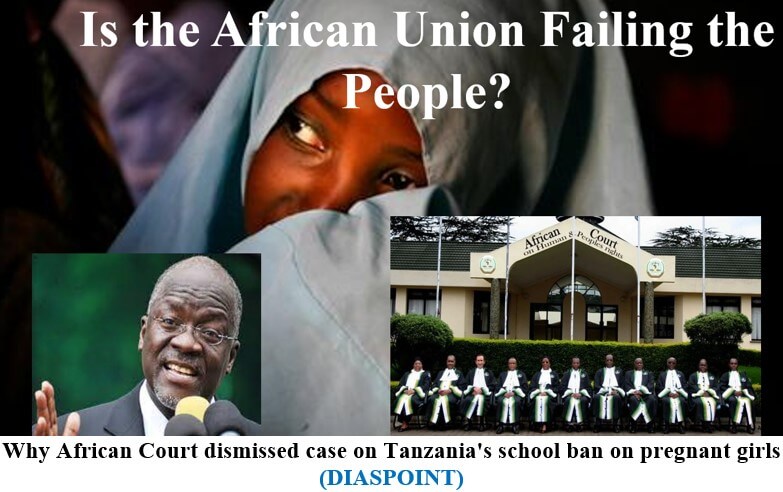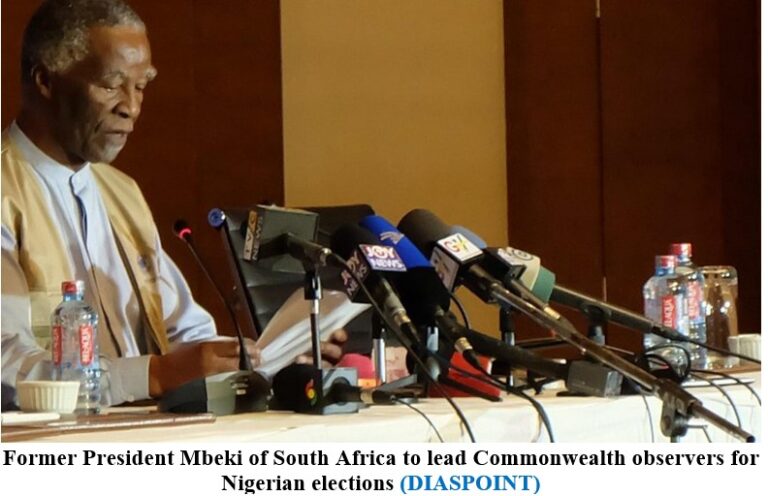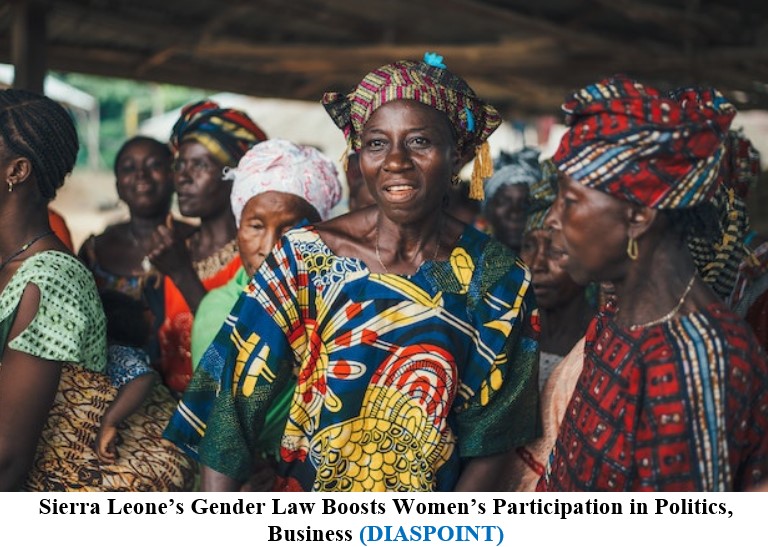Why African Court dismissed case on Tanzania’s school ban on pregnant girls
In 2017, former Tanzania President John Magufuli (pictured) reinforced the restrictive policy barring teen mothers from attending primary and secondary school. The law was first introduced in 1961, but it was escalated during his reign.
What you need to know:
- In 2017, former President John Magufuli reinforced a restrictive policy barring teen mothers from attending school.
- Last September, ACERWC faulted the Tanzanian government for violating multiple human rights of adolescent girls.
- It recommended the government to immediately prohibit mandatory pregnancy testing in schools, health facilities and publicly announce the prohibition.
On November 19, 2020, Tike Mwambipile joined forces with Equality Now to challenge Tanzania’s education ban on pregnant and teenage mothers at the African Court on Human and Peoples’ Rights (the Court).
Mwambipile, a Tanzanian human rights activist and Equality Now, an international human rights organisation, jointly sought the Court’s intervention, urging it to order the Tanzanian government to revoke the prohibitive policy and amend its legislation to protect the girls’ right to education.
In 2017, former President John Magufuli reinforced the restrictive policy barring teen mothers from attending primary and secondary school. The law was first introduced in 1961, but it was escalated during Magufuli’s reign.
On June 23, 2017, in an article Tanzanian leader reaffirms ban on pregnant girls attending State schools Magufuli is quoted saying: “In my administration, as long as I am president … no pregnant student will be allowed to return to school. We cannot allow this immoral behaviour to permeate our primary and secondary schools … never.”
Child rights
In a judgment dated December 1, 2022, the Court dismissed the application on grounds that the African Committee of Experts on the Rights and Welfare of the Child (ACERWC) had already adjudicated on the matter. Read from original source







